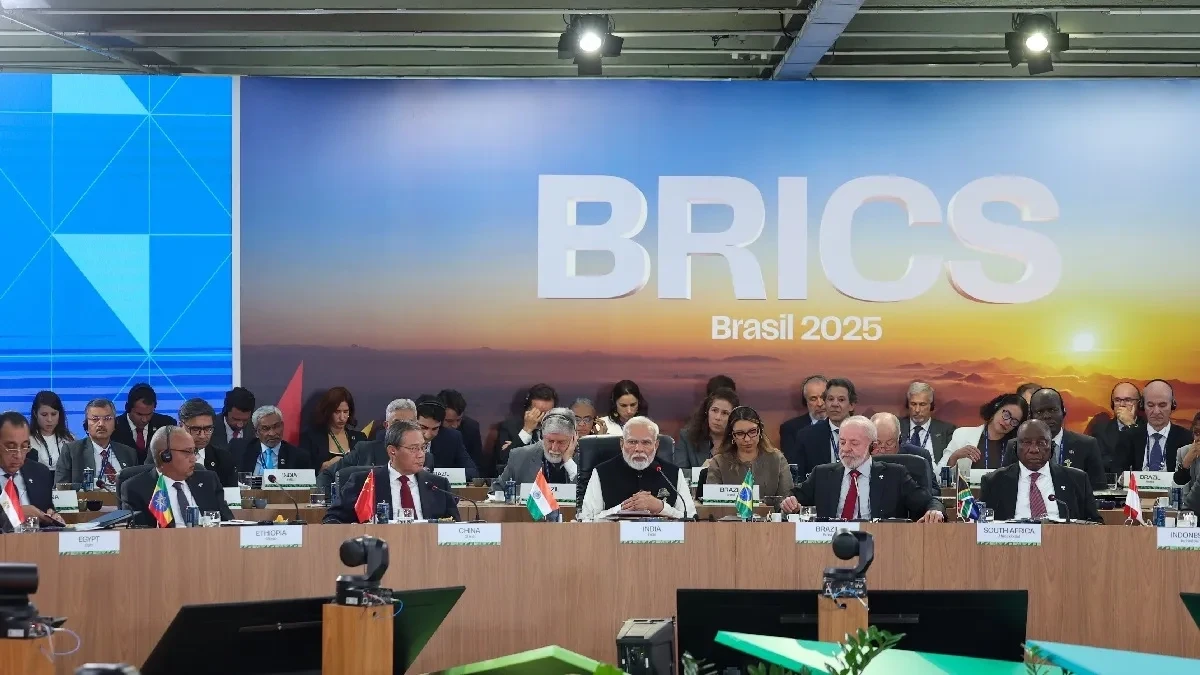The 17th BRICS Summit has made a strong case for India and Brazil to become permanent members of the United Nations Security Council (UNSC).
This move aims to make the global body more democratic, representative, and effective. The summit’s declaration highlighted the need for comprehensive reforms in the United Nations, especially within the Security Council.
BRICS leaders have expressed their commitment to reforming the United Nations. They stressed that developing countries, particularly from the Global South, should have greater representation. This change is necessary for the Council to address current global challenges effectively. The leaders reiterated their support for a more democratic and efficient UN.
Push for a More Representative UN
The declaration emphasised the importance of including emerging economies from Africa, Asia, and Latin America in the Security Council. “We reiterate our support for a comprehensive reform of the United Nations, including its Security Council, to make it more democratic, representative, effective, and efficient,” stated the declaration. This reflects contemporary geopolitical realities.
The document also supported African countries’ aspirations as outlined in the Ezulwini Consensus and Sirte Declaration. It called for their rightful representation in international decision-making processes. The BRICS nations believe this inclusion is crucial for fair global governance.
Condemnation of Terror Attacks
The BRICS nations condemned a recent terrorist attack in Pahalgam, India. They stressed a zero-tolerance policy towards terrorism and rejected double standards in combating it. “We emphasise the primary responsibility of states in countering terrorist threats and call on all countries to fulfil their obligations under international law,” said the leaders.
Concerns about unilateral trade measures were also raised at the summit. These measures were seen as critiques of U.S. trade policies. The BRICS leaders warned that such actions undermine global trade and stability. They urged countries to avoid these practices to maintain international economic balance.
Concerns Over Unilateral Trade Measures
The group expressed deep concern over ongoing global conflicts and increasing polarisation in international relations. The declaration highlighted BRICS’s worry about the situation in occupied Palestinian territories. It called for a peaceful resolution aligned with international law to address these issues.
BRICS now includes 11 full members: Brazil, Russia, India, China, South Africa, Egypt, Ethiopia, Indonesia, Saudi Arabia, UAE, and Iran. Additionally, Belarus, Bolivia, Cuba, Kazakhstan, Malaysia, Nigeria, Thailand, Uganda, Uzbekistan are partner countries. Vietnam has joined as a partner nation this year.
